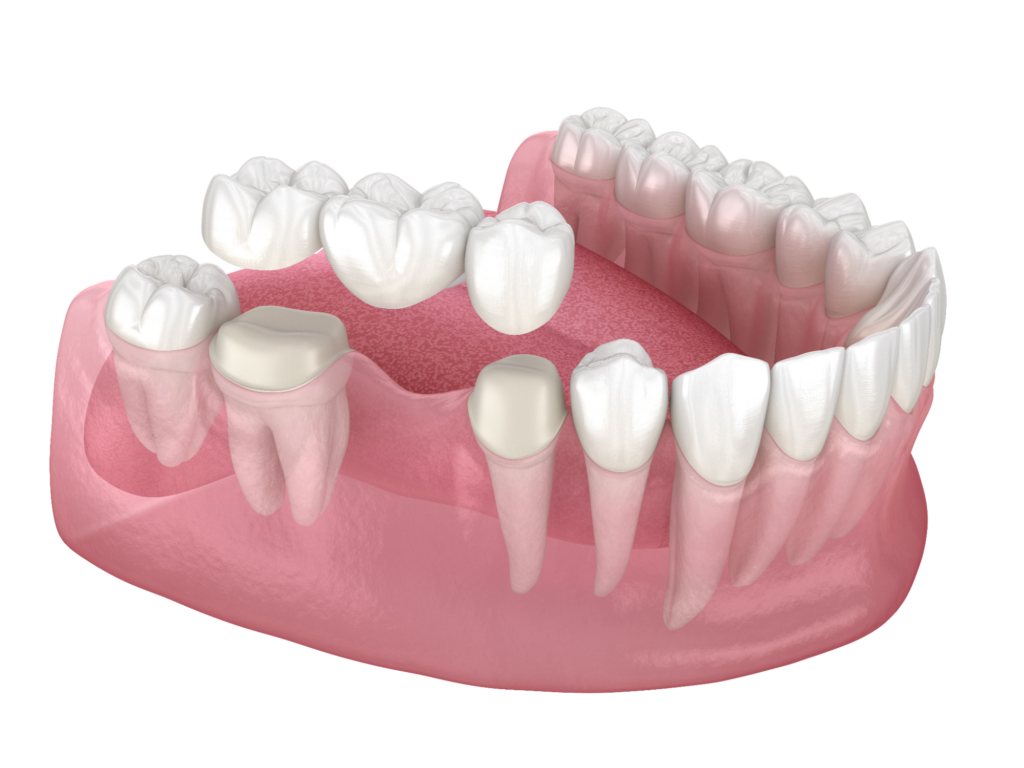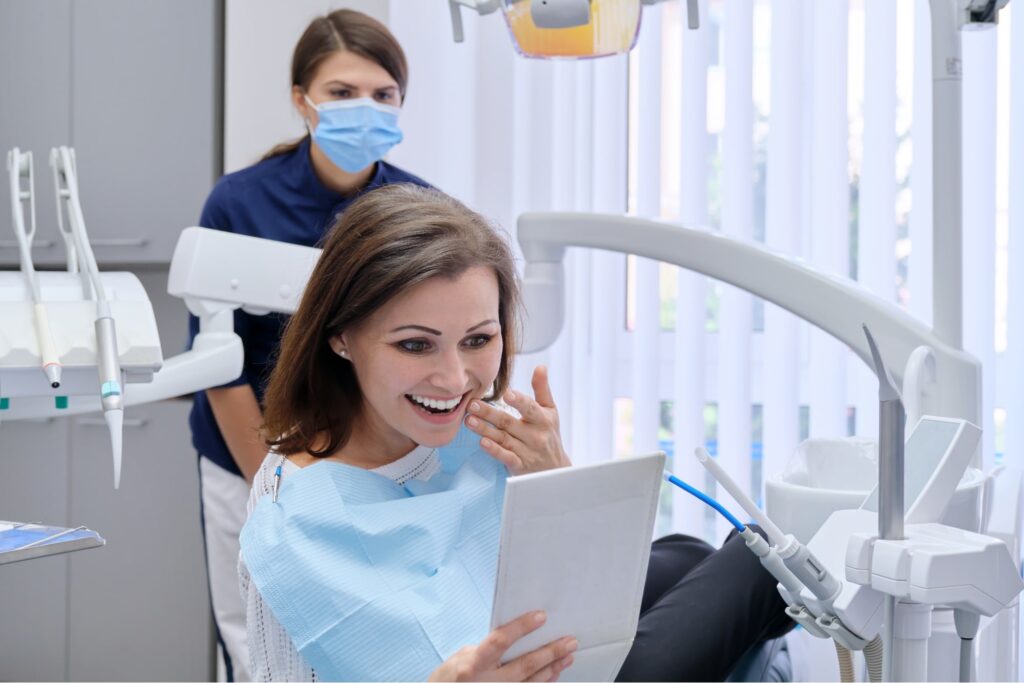There are many different reasons why your dentist may recommend a tooth extraction dental treatment to help keep your mouth as healthy as possible. These reasons may include decay, overcrowding, physical tooth damage or severe infection.
Having a tooth extracted can sometimes feel quite daunting, and it can be confusing knowing how to look after your mouth following your dental treatment. Read on as we discuss what happens before and during your dental treatment and give our four top tips on how you can keep your mouth healthy following your tooth extraction.
What Happens Before and During a Tooth Extraction?
Our dentists will have already studied the position of your teeth roots and the bone that surrounds your mouth, which will have allowed them to plan the extraction method that will be best for you. Before your tooth extraction, your dentist will administer a local anaesthetic. Your dentist will then extract the tooth, and you may feel a slight pulling sensation as your tooth is gently removed, but your anaesthesia will mean that you don’t feel any pain. A small blood clot will likely form once your dentist has extracted the tooth. This clot helps the socket where your tooth was extracted from heal, and your dentist will typically use a gauze pad to speed up the healing process.
What Can I Do After My Tooth Extraction to Keep My Mouth Healthy?
Keeping your mouth healthy following your tooth extraction dental treatment is essential. Here are our top tips on looking after your mouth and ensuring excellent oral health following your extraction, which will help speed up your recovery.
Regularly Brush Your Teeth and Gums
Bacteria can pose a particular problem to the exposed dental tissues present at your extraction site. Therefore, after your tooth extraction treatment, you’ll want to make sure you maintain excellent oral hygiene, as this will help reduce bacteria levels in your mouth.
It’s vital that you brush your teeth regularly but that you avoid the extraction whilst it heals. The extraction site will be tender following your dental treatment, so you’ll need to brush gently and use a soft toothbrush.
Carefully Rinse
You mustn’t rinse your mouth for 24 hours after your tooth extraction procedure, as doing so could dislodge the blood clot forming over the extraction site. However, after this 24 hour period has passed, it’s really important that you regularly rinse your mouth.
Avoid Chewing
After your extraction, your mouth will feel tender. It is recommended to stick to soft foods to minimise the amount of chewing, and this is especially important in the immediate 24 hours following your tooth extraction dental treatment. If you do need to chew food, it’s also crucial that you don’t chew on the side of your mouth where your tooth was extracted from. This will reduce the discomfort that you may feel, and it will also protect the site of your tooth extraction.
Pain Relief Medication
After the local anaesthetic from your tooth extraction dental treatment has worn off, you are likely to experience some pain and discomfort around your tooth extraction site whilst your mouth heals.
Research has shown that the best pain relief medication to take following a dental procedure is a combination of Ibuprofen and Paracetamol. This combination is more effective than opioid-containing medicines, such as codeine or co-codamol. Ibuprofen and paracetamol make an effective combination following your tooth extraction procedure because how they work in your body complements each other. Ibuprofen is an anti-inflammatory medicine that helps reduce the inflammation at your tooth extraction site. Paracetamol complements this by working to block the transmission of pain signals within your nervous system.
As with all medicines, you must follow both your dentists and the manufacturers’ instructions, ensuring that you don’t exceed the maximum dose of any medicine.
Summary
Whilst your mouth may be sore, there are some easy steps you can take to ensure you keep your mouth healthy following your tooth extraction procedure which will help to speed up your recovery and hopefully makes a tooth extraction less daunting than it may first sound. If you think you need a tooth extracted, contact our expert dentists – we are more than happy to take care of you.


